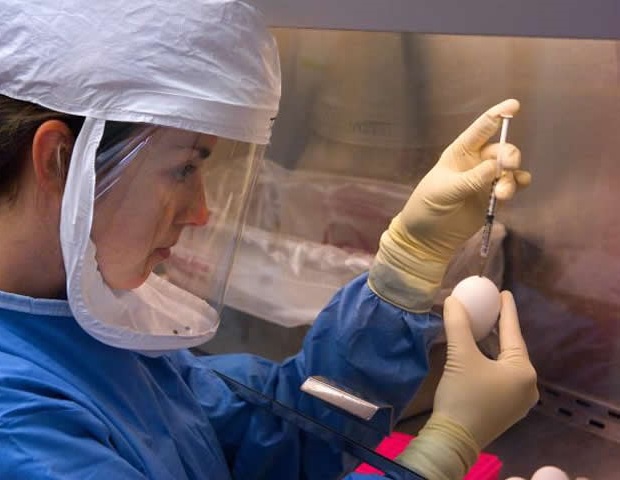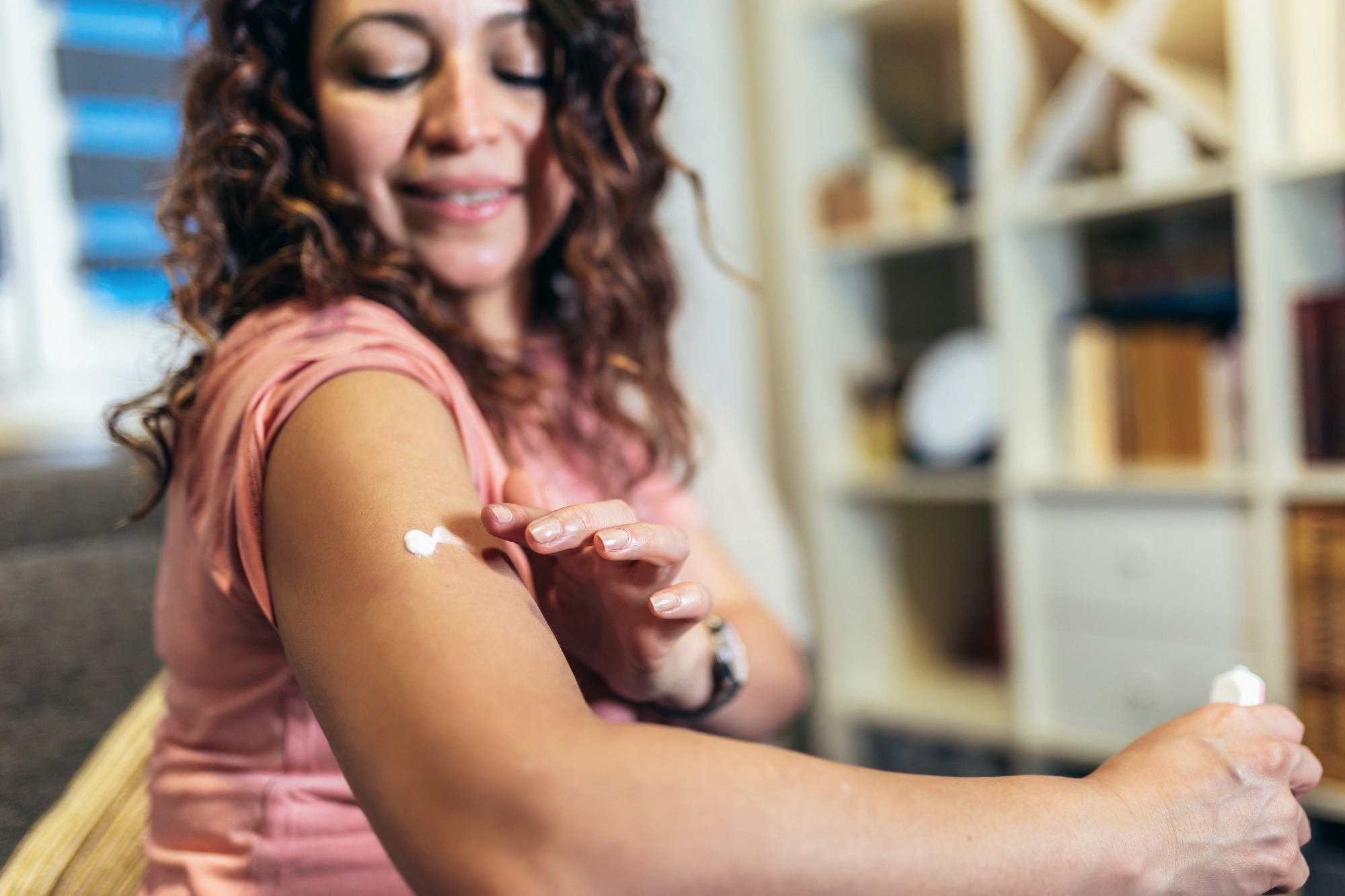A new study by the National University of Singapore Yong Loo Lin School of Medicine (NUS Medicine) analyzing the resilience of Singaporean families during the COVID-19 pandemic has uncovered significant findings that highlight how most families with young children successfully adapted to the challenges brought by the global crisis.
Led by Prof. Jean Yeung Wei-Jun from the Department of Paediatrics and the Human Potential Translational Research Programme at NUS Medicine, and Dr. Chen Xuejiao, former research fellow from the Department of Paediatrics at NUS Medicine, the research team looked at data from 2,818 families before and during the pandemic, and identified six distinct family groups with varying degrees of economic and relational resilience. Prof Jean Yeung and Dr Chen Xuejiao are also currently researchers at A*STAR Institute for Human Development and Potential.
The data was drawn from a nationally representative longitudinal study – the Singapore Longitudinal EArly Development Study (SG-LEADS), and collected across two time periods – Wave One in 2018-2019 before the COVID-19 outbreak and Wave Two in 2021 during the second year of the Covid-19 pandemic. The findings were based on 2,818 households across all planning areas in Singapore.
The study, one of the first to examine the economic and relational responses of Singaporean families to the pandemic with a national sample, found that a majority of families showed considerable resilience:
• 31% of families were classified as “economically secure and relationally strengthened,” having improved family relationships.
• 28% were deemed “economically secure and relationally stable,” maintaining their pre-pandemic family dynamics.
• 11% were “economically struggling but relationally improved,” highlighting a significant relational boost despite financial difficulties.
• 14% were “economically struggling but relationally stable,” enduring economic challenges while preserving family relationships.
However, two groups faced more considerable challenges:
• 11% of families were “economically secure but relationally deteriorating,” where financial stability coexisted with worsening family dynamics.
• 4% were classified as “economically and relationally fragile,” suffering from both financial hardship and deteriorating family relationships.
The study emphasised that families with greater socioeconomic resources before the pandemic were more economically resilient, while families with strong relational factors, such as maternal self-efficacy, quality family time, low work-life conflict, and living in supportive neighbourhoods, demonstrated higher relational resilience. Notably, government and community support played a critical role in sustaining both groups of economically struggling families during the crisis.
Key findings:
• 42% of families were able to maintain their pre-pandemic family dynamics, with 44% reporting strengthened relationships despite varying economic challenges.
• Families with greater access to multilevel resources-;including individual psychological strengths, family cooperation, and external support from communities and government-;were better positioned to withstand adversity.
• Families with mothers who exhibited higher self-efficacy and confidence helped foster positive family dynamics.
• The study highlighted the vital role of family cooperation, where mothers, supported by fathers, managed lower work-life conflict and quality of family time, contributing to a more supportive and cohesive family relationship.
• Family relationships deteriorated when the mother experienced work-life conflict such as shouldering the majority of childcare responsibilities while the father had the flexibility to work from home, and when the quality of family time worsened.
• Families residing in cohesive and safe neighbourhoods were better able to preserve family well-being under environmental stress.
• Government and community support emerged as significant factors for economically disadvantaged families, underscoring the importance of external assistance in times of crisis.
Our findings demonstrate that family resilience is not uniform, and it’s shaped by a combination of economic, psychological, and social factors. At the individual level, personal psychological characteristics such as self-efficacy may foster a positive adaptation and growth of the family relations during the pandemic. At the family level, low childcare burdens, and effective couple cooperation, and high quality of family time can aid in maintaining or strengthening family relations during the pandemic. At the community level, living in a safe and cohesive neighbourhood preserves and enhances family well-being when facing environmental stresses. Additionally, external resources such as government support may serve to alleviate the economic hardships and disruptions in family dynamics, especially for economically disadvantaged families.”
Prof. Jean Yeung Wei-Jun, Department of Paediatrics and the Human Potential Translational Research Programme, NUS Medicine
“Families can develop varying pathways to resilience depending on their resources and circumstances. It is essential to mobilise both individual and public resources to enable families to withstand and rebound from adversity and foster positive adaptations in the long term. This study offers valuable insights for designing more effective support and intervention programmes and policies to assist families in times of crisis.”
The research provides critical data to inform future interventions aimed at strengthening family resilience, particularly in light of potential social inequalities that may be amplified during crises like the COVID-19 pandemic.
The study is part of SG-LEADS, a large nationally representative longitudinal study examining the impact of COVID-19 on Singaporean families with young children. It sheds light on the complex relationship between economic and relational resilience and emphasises the need to mobilize both public and private resources to support family well-being in the face of adversity.
This research study was published in a top Sociology journal – the Journal of Marriage and Family, titled COVID-19 experiences and family resilience: A latent class analysis.
Source:
Journal reference:
Chen, X. & Yeung, W-J. J., (2024). COVID‐19 experiences and family resilience: A latent class analysis. Journal of Marriage and Family. doi.org/10.1111/jomf.13031.



